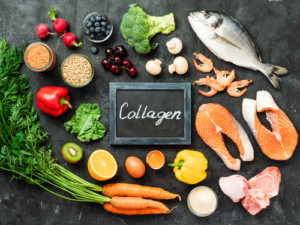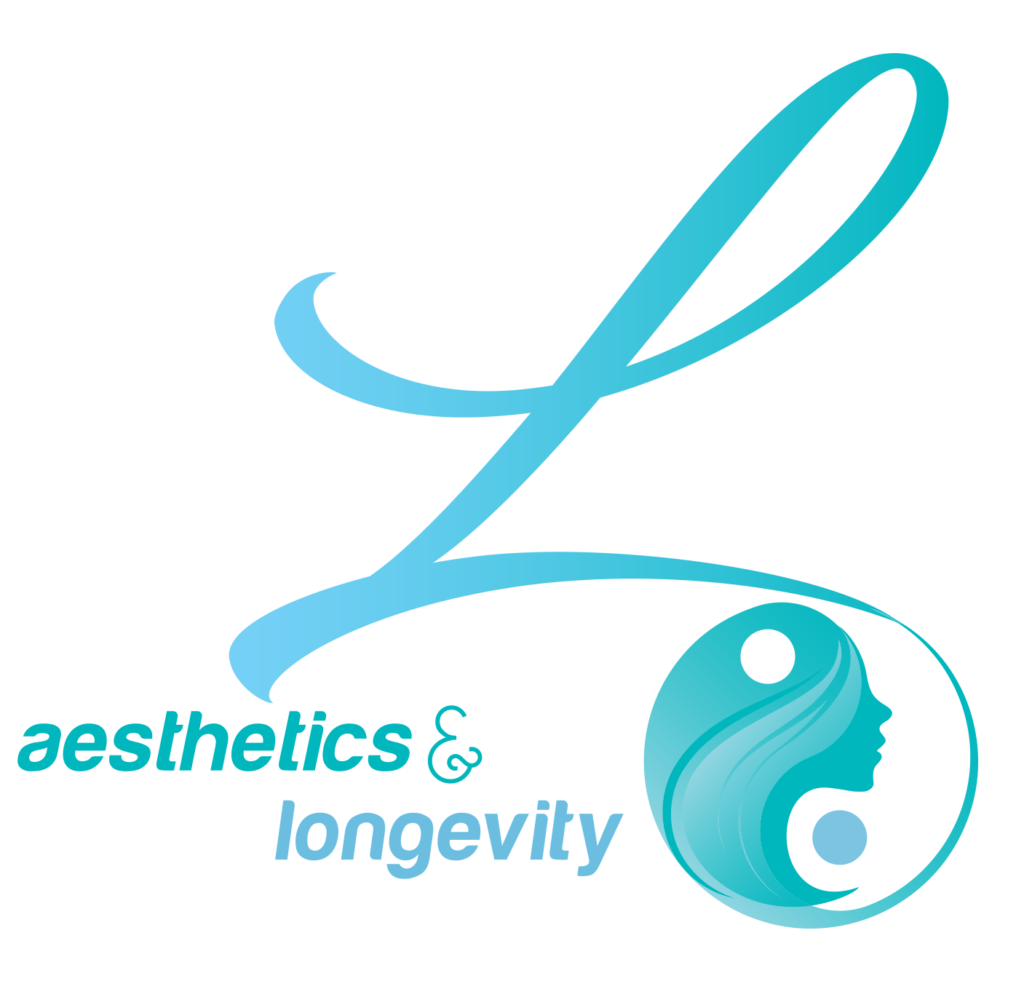By Natalie Ledbetter DAcOM
Collagen is today’s top beauty trend, but here’s a historical skincare fact for you: did you know that the first recorded skincare routine dates back to 3000 BCE in Egypt? Cleopatra bathed in sour donkey milk every night to improve her appearance and reduce wrinkles. (She didn’t know she was supporting collagen.) Wow, how lucky we are to be born in an era where there are much easier (and less smelly) ways to care for our skin? Thank goodness collagen is today’s top beauty trend!
 Based on the recent statistics, the “skincare” category in the beauty industry finally surpasses the previous leading category “cosmetics” by 23.7%. This shows that consumers value caring for their skin. Collagen-related products are currently at the top of the list of beauty trends thanks to the influence of social media. If you are into anti-aging and youth maintenance products, you have heard about this miracle molecule. The word collagen is all over marketing channels and is still on its rise.
Based on the recent statistics, the “skincare” category in the beauty industry finally surpasses the previous leading category “cosmetics” by 23.7%. This shows that consumers value caring for their skin. Collagen-related products are currently at the top of the list of beauty trends thanks to the influence of social media. If you are into anti-aging and youth maintenance products, you have heard about this miracle molecule. The word collagen is all over marketing channels and is still on its rise.
What is collagen?
It is a protein produced and maintained by cells called fibroblasts. It is the most abundant protein in our body and is composed mainly of the amino acids glycine, proline, and hydroxyproline. It connects other tissues and is a major component of bone, skin, muscles, tendons, and cartilage. It also plays an important role in cellular processes, including tissue repair, immune response, and cellular communication.
What happens with collagen as we grow older?
Production naturally declines as we age, and its fragments become more loosely distributed. The integrity of collagen deteriorates, resulting in decreased bone, muscle, and joint strength, and wrinkles and sagging skin. While some collagen loss and damage is unavoidable with age, some dietary and lifestyle factors can hasten the process.
Factors that speed this loss.
Many lifestyle factors speed up collagen loss including smoking and excessive drinking. Smoking cigarettes degrades collagen and causes skin aging, wrinkles, and loss of elasticity. Excessive alcohol consumption hastens skin aging by reducing collagen production and harming skin repair mechanisms. Additionally, a diet high in added sugar and processed foods contributes to premature aging by promoting glycation. This is a process that slows collagen turnover and its ability to interact with surrounding cells and proteins.
Stress and menopause can also lead to a significant reduction in collagen production. Menopause, whether natural or induced medically or surgically, results in a decrease in collagen. Stress can cause pro-inflammatory responses, which reduces your ability to produce collagen naturally. Stress also causes an increase in cortisol, which has been shown in studies to reduce collagen production.
UV damage is a main cause of collagen loss in the skin accounting for up to 80-90% of the appearance of skin aging. Long exposure to UV rays increases breakdown of this needed molecule via matrix metalloproteinases and other proteases in the skin.
What are the signs of collagen loss?
Loss in production can be seen in our appearance. Collagen loss can lead to a slower metabolism which can contribute to weight gain. Skin firmness and elasticity decreases. The jawline, cheeks, buttocks, and stomach may sag. Cheeks become flattened and the under-eye area develops hollows. It can also affect the joints resulting in pain with everyday activities.
What can we do to slow the loss?
Thankfully, the loss can be avoided or slowed. This protein is naturally produced by the body and can be obtained through diet with meat and chicken and fish skin, as well as supplements. Oral and topical collagen products are popular for treating age spots, loss of skin hydration, joint stiffness, and wrinkles and sagging skin.
Collagen peptides are short chains of amino acids that make up collagen but are small enough to be easily absorbed. These combined with Vitamin C supports collagen production and helps even skin tone. Antioxidants, whether taken internally or applied to the skin, can reduce collagen breakdown by lowering the number of free radicals in the skin.
Lifestyle choices are important. This includes wearing SPF, eating a healthy diet, and quitting smoking. The British Journal of Dermatology reports smoking affects your body’s natural collagen production, leading to early skin wrinkling and sagging. Drink plenty of water, get 7 to 9 hours of sleep, avoid sugar and alcohol, and manage your stress.
Conclusion
Collagen is important to a healthy body and for healthy younger looking skin. Support your body’s natural production by eating healthy, drinking water, using sun protection, and supplementing with collagen peptides internally and topically.
Want increased skin tightness and rapid results?https://lalongevity.com/best-skin-tightening/
Avoid this food to increase skin health: https://drnatalieledbetter.com/f/ages-and-why-you-need-to-avoid-them
